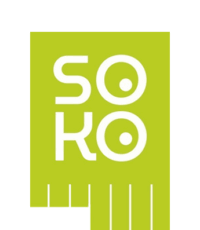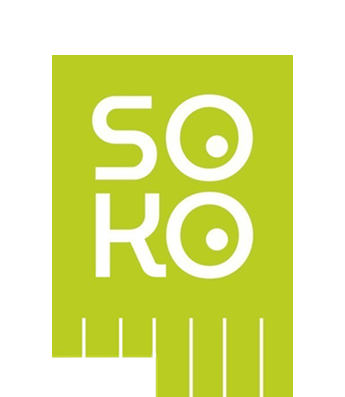Yesterday I attended an HR conference organized by HR Focus Magazine. It was an exciting time yet full of lessons. One of the major things that stood out was challenges people face working with Generation Z, Gen Zs for short, and how HR professionals can help mitigate the challenges this may pose in the work place.
There are four known Generations, each generation has its unique strengths and values, and understanding these differences can foster better collaboration and communication in a multigenerational office.
The generations
Baby Boomers (1946–1964): Value stability and hard work, often preferring traditional work environments and face-to-face communication.
Gen X (1965–1980): Independent and adaptable, they value work-life balance and flexibility while bridging analogue and digital workstyles.
Millennials (1981–1996): Tech-savvy and purpose-driven, they thrive in collaborative environments that offer flexibility and innovation.
Gen Z (1997–2012): Digital natives who seek fast-paced, tech-driven workplaces with clear communication and a focus on inclusivity and growth.
The key issues highlighted are.
- Flexibility and Work-life balance: Gen Z employees often expect flexibility in their work schedules and environments. Remote or hybrid work models are more attractive for this generation. Organizations that still demand that employee work a 9 to 5; 5 days a week will have tension with Gen Zs. Gen Zs also put a lot of emphasis on mental health and work-life balance, expecting employers to provide comprehensive support in this area.
- Frequent Job Changes: Gen Z tends to have fast professional growth and getting quick outcome of the work, having no patience in positions where getting results are slower than they expect. These can result in higher turnover rates. Retaining these employees requires continuous engagement and career development opportunities, which can be resource-intensive for HR teams and managers.
- Desire for Instant Feedback and less patience to bureaucracy: Unlike previous generations, Gen Zs values immediate feedback and recognition. This can be challenging for HR managers accustomed to less frequent, more formal performance reviews, as the need for continuous feedback requires more time and resources. Generation Z is often frustrated by slow, bureaucratic processes in companies. They have grown up in a fast-paced, tech-driven world and may struggle with or push back against lengthy procedures and rigid corporate policies.
While HR professionals are trying to mitigate the impact of Gen Zs demand on businesses of and companies.
Job boards/recruiting business may not really be a decision maker or influence an employer’s demand for particular employee, but it can still provide recommendations for an employer to consider candidates who want flexible schedules type of work where feasible, putting emphasis of proficiency level match rather than on hard demand for fixed schedule.
When it comes to frequent job changes, on the one hand it sounds rather positive for job board business, most people look for their next job on job boards and more jobs posted results in more business for job boards and recruiting businesses.
On the other hand, supporting clients is the highest priority when we find the best fit and where the best practices in matching candidates to positions play a very big role by matching both parties using algorithms and AI.
And last but not least is how job board / recruiting can help with retaining Gen Z employees. One of the possible approaches is to recommend an employee to take another position in the same company (if feasible), as businesses tend to lose when valuable employee leaves the company. Mitigation of the impact is to re-hire such employee internally. That’s why if job board / recruitment agencies have access to many jobs posting of particular company it can be recommended for an an employee to consider other positions in the same company.




